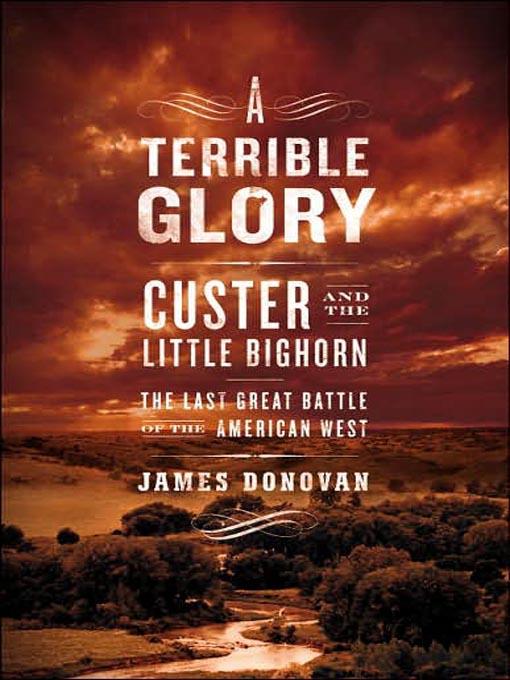
A Terrible Glory
Custer and the Little Bighorn - The Last Great Battle of the American West
کتاب های مرتبط
- اطلاعات
- نقد و بررسی
- دیدگاه کاربران
نقد و بررسی

James Donovan's relentless research into the circumstances surrounding the now infamous events of June 1876 is meticulously pieced together in this ground-breaking novel, aimed at deciphering what really happened at Little Bighorn. With a cast of characters ranging from Ulysses S. Grant to Crazy Horse, narrator James Boles could easily have gone over-the-top. However, Boles offers a stern and informative reading that captures the incident with honesty and passion and relates Donovan's findings without vocal editorializing. Boles narrates in a gripping voice that offers slight yet distinct variations in tone and accent for many characters, creating a vivid and informative tableau. L.B. (c) AudioFile 2008, Portland, Maine

November 12, 2007
In this labor of love, Donovan collects the multiple threads that led to the 1876 massacre at Little Big Horn. By the 1870s various American Indian tribes ignored the American government’s edict to relocate to reservations. Growth in pioneer settlements had produced so many clashes that western commander Philip Sheridan ordered three army columns to converge on an immense Indian encampment in southern Montana Territory. Donovan’s eye-opening description of these cavalrymen contradicts the Hollywood image. These troops were untrained, inexperienced in individual combat and poorly equipped. Custer, the first to encounter the enemy encampment, split his forces before attacking. This tactical error ensured that some units would survive the fighting, here described in vivid detail. Custer’s last stand became the Indians’, too. Though the army was happy to blame the debacle on the dead Custer, the battle’s survivors banded together to ensure no reputation went tarnished in public hearings. The author makes a good case for Custer as scapegoat by portraying him as a likable Civil War hero, flamboyant publicity hound and more experienced Indian fighter than most of his men and all of his commanders,. Exhaustive research, lively prose and fresh interpretation make for a valuable addition to literature on this otherwise well-trodden historical event.

























دیدگاه کاربران